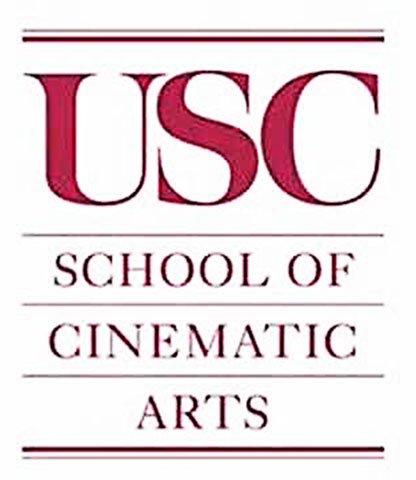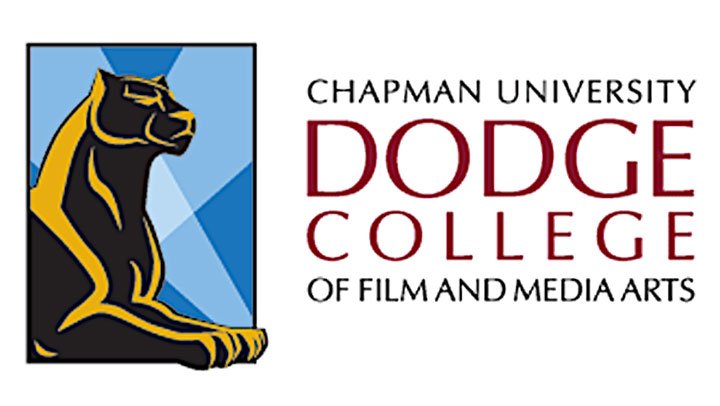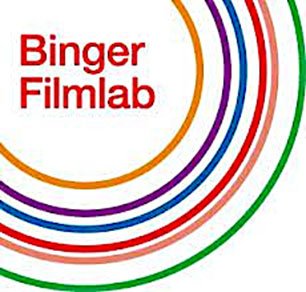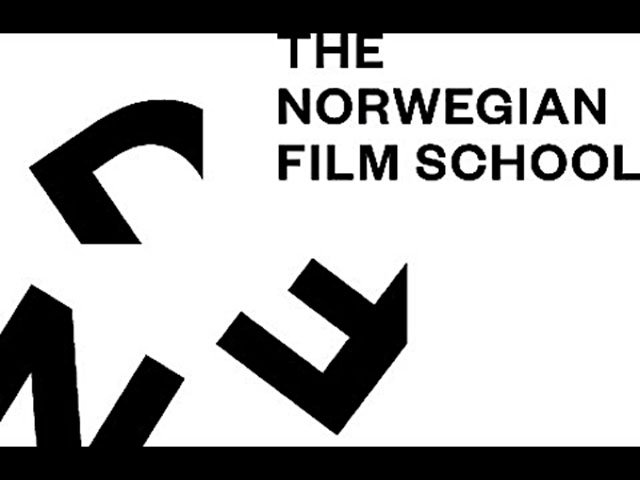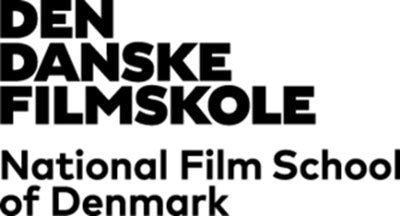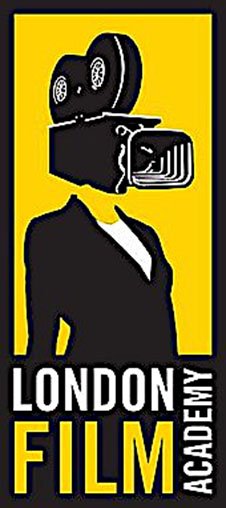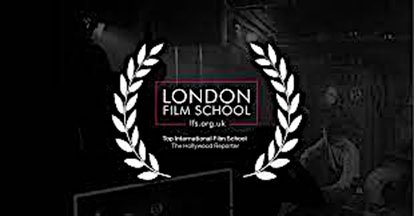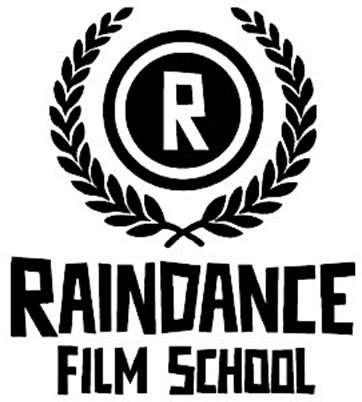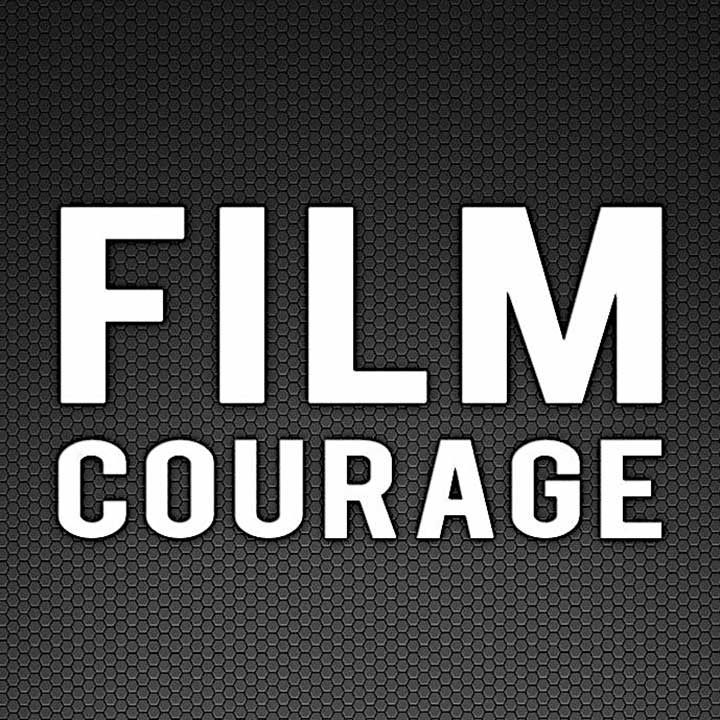Travis International Film Institute
Home of The Travis Technique

Developed by director Mark W. Travis, the director-centric Travis Technique is a transformational approach to cinematic storytelling.

Mark W. Travis
MARK W. TRAVIS is regarded by Hollywood and independent film professionals internationally as the world’s leading teacher and consultant on the art and craft of film directing. Known as “the director’s director,” Mark is in high demand on film projects worldwide for his insightful coaching of, and collaboration with directors, actors and writers.
Mark Travis is best known for his innovative and inspirational Travis Technique of Directing. Directors trained in his method, are able to elicit instantaneous and authentic performances from their actors that translate brilliantly onto the screen.
Winner of over 30 directorial awards, Mark Travis has taught his cutting-edge directing approach at 5 Directors Guilds and major film studios, as well as, at more than 50 film schools and film organizations worldwide. His consulting clients include Academy Award winners and nominees.
Mark’s in-depth directing courses and consultations open up and elevate all phases of filmmaking from pre to post, including the writing, casting, rehearsal and staging processes, which often result in a noticeable reduction in production time and cost.
Learn more about Mark Travis and The Travis Technique by watching his extensive library of FREE VIDEOS.
What is The Travis Technique of Directing?
How the Travis Technique compares to other techniques.
For an introduction to
Mark Travis’ powerful way of working with actors,
watch the DOCUMENTARY below
and sign up for the free video RAIDERS OF THE LOST ART.
REHEARSAL: Scene 22
A documentary on Mark Travis’ way of working with actors, using the Interrogation Process.

For an in-depth, step-by-step course on
The Travis Technique of Interrogation, purchase
SOCRATES ON STEROIDS:
Deconstructing the Interrogation Process

THE INTERROGATION PROCESS is a transformational approach for directors to generate true-to-life characters in a flicker of time. The Interrogation Process opens the door for directors and actors to ignite the Character together, turning tension and discomfort into improvisation and adventure. With the Interrogation Process, directors can achieve instantaneous and deeply-felt performances consistently, even on tight schedules and tiny budgets.
SOCRATES ON STEROIDS takes you on a journey through the mind of Mark W. Travis as he interrogates two characters in a scene from Alan Ball’s film, “American Beauty,” covering the 7 aspects of the Interrogation Process:
- Switching
- Voices
- Insertion
- Doors
- Reframing
- Simultaneous Monologues
- Building History
“Interrogation is not about revealing the truth you think you know;
it’s about revealing the truth you never imagined.”
~ Mark W. Travis
“I took the Socrates on Steroids course online with Mark and I found it to be an amazing course that gets the actors to completely transform into the character so they can give amazing performances. Mark’s technique is unique in the industry and for me there’s a reason he is called the ‘directors director’ because his techniques are by far more effective than any others I’ve seen. I highly recommend this course. Just do it. You won’t regret it.”
—PAUL KING, Director, Producer and Editor, 360 VR Productions, Australia
Questions?

You can tell your crew how you want the film to look and sound. And they can program it. You can tell set design, make up and wardrobe to give you samples to choose from. And they’ll produce it. But when it comes to dealing with actors and characters and every day chaos, you may be stepping into quicksand.
How do you get the performances you want from your actors?
- How much can you rely on your stars’ professional records?
- How do you work with non-actors and unproven talent?
- What do you do if the clock is ticking and the sun is setting and your actor cannot give you the performance you need? Is it resistance? Is it the script? Is it the staging? Lack of communication? Is it YOU?
- What do you do if your minor character has one line in the middle of a major scene and never gets it right?
- Who do you call when you and your major star have a difference of opinion and you have to get the shot?
- It’s the end of the day. The scene has been going perfectly except there is one key emotional reaction that you do not have from your lead and you have time for only one more take. How do you get that moment on film?
- What do you do when your day player just arrived, is clueless about the character, and you have to be shooting in 20 minutes?
- What do you do when your producer comes on the set with a total rewrite of the 5-character scene you’re about to shoot? Or he informs you that his girlfriend is going to play the lead? Who do you shoot?

Do you want Mark’s help and insight on your project?

ROB SARKIES, multiple award-winning director/writer, “Jean”, “Consent: The Louise Nicholas Story”, “Out of the Blue”.
One moment where the Travis technique saved me was on a TV drama job last year. I was told the hour of rehearsal I had been given to rehearse with my lead actor for 90 minutes of drama was not possible due to her availability. All the production could give me was 20 minutes on a ferry as we traveled to an island location with the whole crew crammed on the boat as well. FFS!!!
After feeling grumpy about this I said “OK” and figured I’d just need to make the most of it. I arrived after my actor and sat in the booth that had been reserved for us and said “So Jess (the character name), this is terrible, what’s going on?” And we were totally ‘in’ for the trip – immediately she was inside the character explaining her difficulties from the inside and what she planned to do about them, with me prodding, provoking, making her character feel good about her choices, then cutting her down. In the 20 minutes without me once talking to the actor we set up the arc for the whole 90 minutes of drama. It was quite extraordinary and incredibly helpful – thank you, Mark!
“The first thing I do when prepping a new film is call Mark Travis and begin the workshopping and consulting process that allows me to get inside the film and work my way out. It’s a great process that I highly recommend for any director. It’s about giving a fellow director the license to challenge you at every turn, and find the rich dramatic material within – and in the end a better film. Mark Travis is the only practical teacher of directing I’ve ever met. Simply the best!”
“Mark Travis’ Interrogation Process is not only the finest gift ever given to me by another director, it’s one of the finest gifts anyone has given me – ever!”
“Mark understands that the director is quintessentially a storyteller. He knows what it takes to shape a compelling film.”













Locations
Honolulu, Hawaii
Los Angeles, California
Prague, Czech Republic
Cologne, Germany
Auckland, New Zealand


